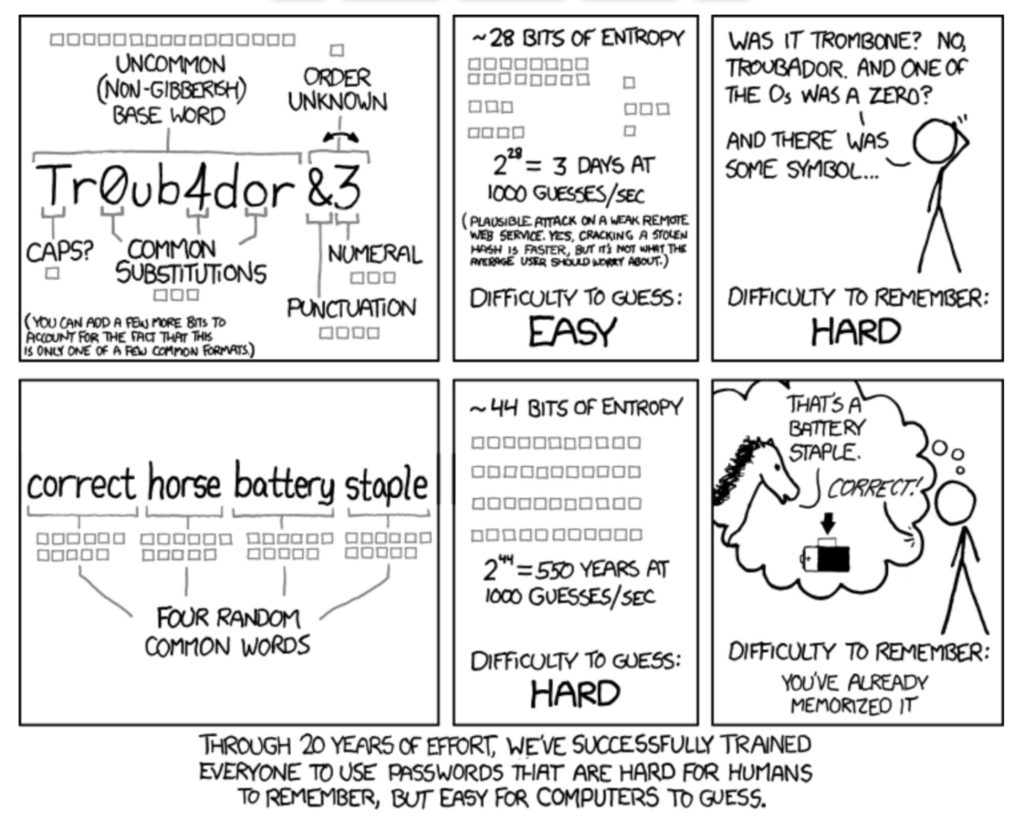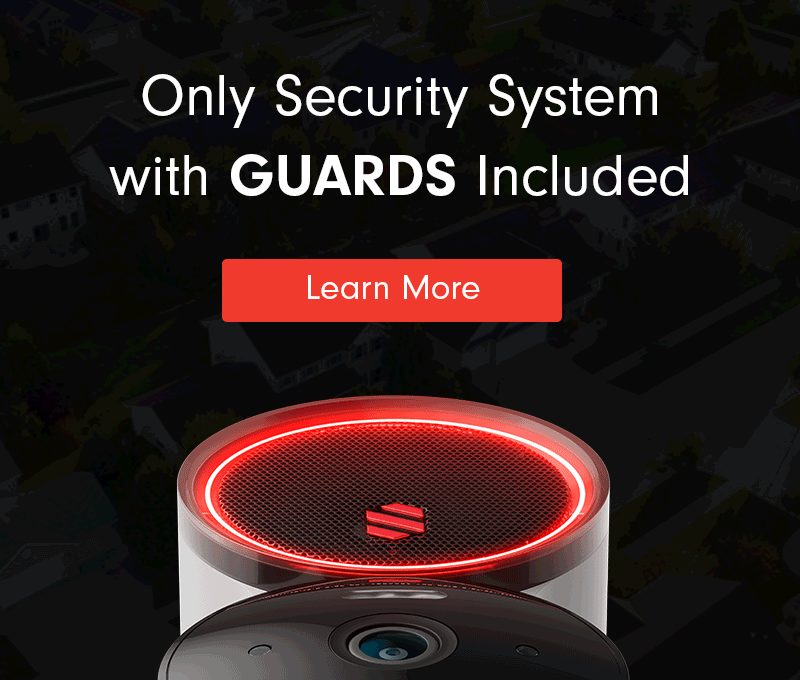Top 3 Ways To Protect Your Passwords Online

People worldwide are spending more and more time online. Unfortunately, so are hackers, aiming to exploit cybersecurity vulnerabilities and take advantage of people. This problem isn’t isolated to computers and mobile apps. It extends to any smart devices that can access the internet. For example, popular camera makers Ring and Wyze have famously fallen victim to hackers. One of the easiest ways to stay safe online is to protect your passwords. And here’s how.
Create Strong Passwords
It’s time to lose the “abc123” password that you’ve been using since you logged into your first web account. A weak password is an easy vulnerability for hackers to exploit. If you use personal information or basic alphanumeric combinations, your password is easy for a real human to guess. What’s more, a brute force tool can detect simple or short passwords with alarming speed.
What makes a password strong?
- Long character string (12+ characters)
- A mix of numbers, letters, and symbols
- Both upper and lower case letters
- For symbols, something more creative than putting an exclamation point at the end
- Doesn’t contain words or phrases that are commonly found in a dictionary
- Doesn’t contain your name, your birthday, or any other personal information
And for the geeks out there, here’s a comic from xkcd that shows mathematically why long passwords are better. The moral? Protect your passwords by making them long but easy to remember.

Use Different Passwords For Each Account
For most of us, we have one go-to password that we use everywhere. Reduce the risk of a malicious actor reusing compromised credentials from another account to access your account.
For example, if hackers breached your Yahoo account, they could try to use this same configuration to log into your Google account. Or, even worse, your bank account. By using the same login information, you’re basically making their job easier.
Selecting completely unique passwords for each account is the best way to protect your passwords online. However, we’ll grant that it’s tough to keep track of everything. You can try using a base password with variations, such as changing a letter for a symbol or rearranging chunks of characters. This type of password is still easier to guess than a one-of-a-kind character string, so it’s not a perfect solution.
The smarter way to remember unique passwords is to make technology do the heavy lifting.
Install a Password Manager
Implement all of the above advice at one time by using a secure, trustworthy password management tool such as 1Password or Keeper. These tools generate extremely complex random passwords for each online account and save them for you. All you need is a single master password to log into these apps or browser extensions. Once you’re logged in, the password manager automatically fills in the password for each site you are visiting.
Ultimately, a password management tool saves you the time of creating unique, strong passwords and recalling each of them individually. You just need to remember one password.
Bonus Tips for Protecting Your Passwords Online
That covers the basics of smart password management. But what about password security beyond the basics?
Be Smart About Smart Home Devices
Take stock of the smart home devices you have: TVs, speakers, fridges, locks, lights, and so on. Be sure to reset the default passwords for each device. Hackers find ways to breach factory-set passwords on nearly all devices. You can do a quick search of your devices + “known vulnerability” to see if any devices in your home are at risk.
It’s also a good idea to limit the number of smart devices you have connected to your home Wi-Fi network. By design, these devices are interconnected. If a hacker can access one of them, he can access them all. (That’s why Deep Sentinel home security cameras use a dedicated, encrypted network.)
Refresh Regularly
How long should you keep one password before changing it up? Don’t wait until you get locked out of an account for a refresh. You absolutely must make a new password if a site you use falls victim to a cybersecurity breach. Change up all of your passwords every 2-4 times a year for even better security.
Keep Them to Yourself
Your passwords are yours and yours alone. Don’t share them with family or friends. And especially don’t share them with strangers, even if the person you’re talking to claims to represent your bank or some other business. Avoid clicking suspicious links, which might be bait for a phishing scam to get your passwords.
You can supplement a strong password with multifactor authentication. This method, which has become increasingly common, involves setting an extra “layer” of identity verification beyond entering a password. The layer might be a fob, a one-time authorization code, a ping to your phone, an answer to a secret question, biometric data like your fingerprint, or something similar.
With smart password creation and management, plus a few extra security measures, you’re ready to protect your passwords and accounts.
More Resources
Need a Solution that Prevents Crime?
Deep Sentinel is the only security technology that delivers the experience of a personal guard on every customer’s home and business. Visit deepsentinel.com or call 833-983-6006

